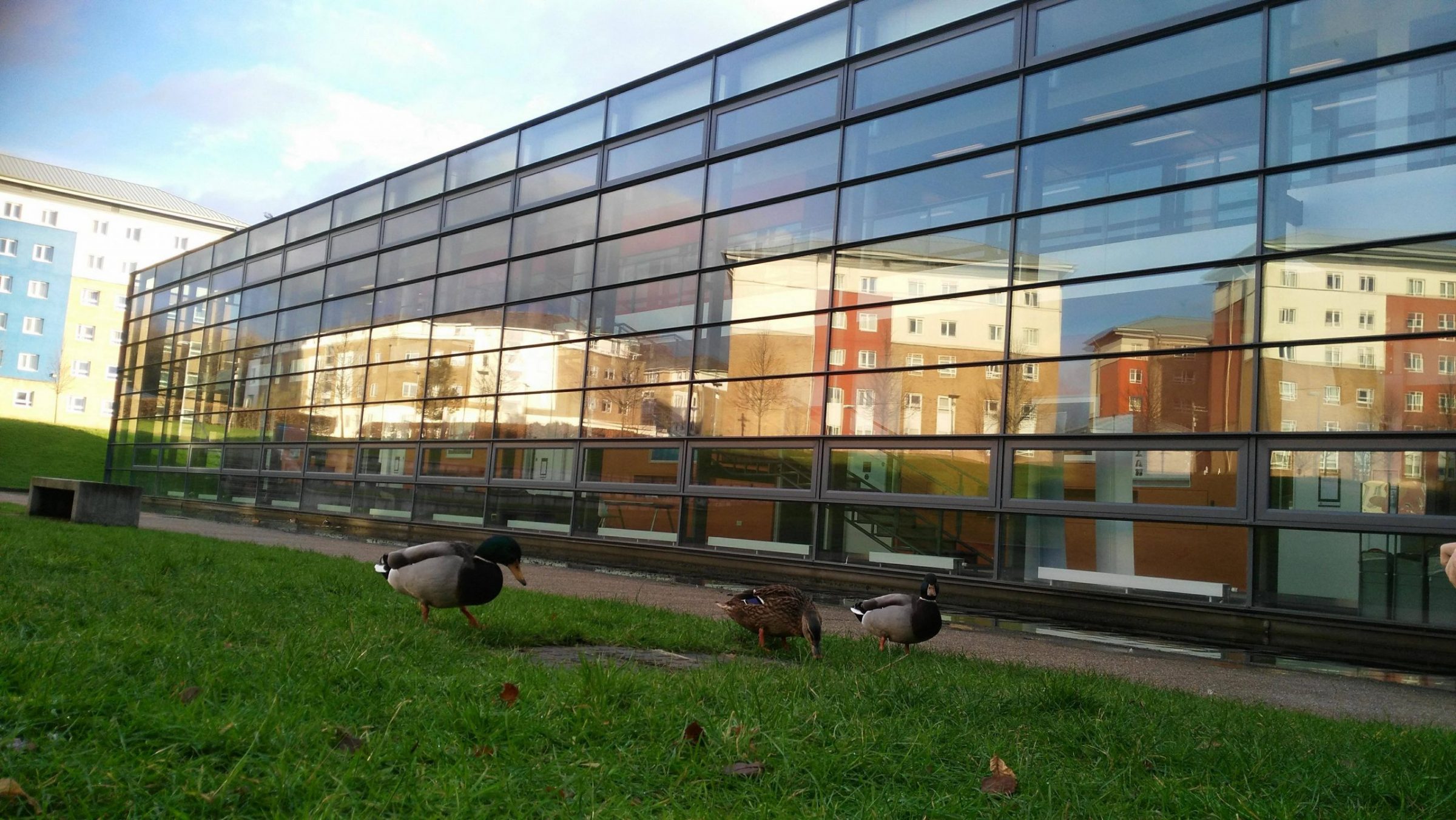Second term at STOR-i

This will be my last blog post to wrap up the first two terms of my mRes year at STOR-i. My second term at Lancaster has been an enjoyable experience where I have been able to build upon my work last term. I hope to give a brief overview to some of the things I have been up to over the last three months.
The main piece of work this term was working on two research topics. To give us inspiration we had 12 sessions on different topics, where three experts would come and give us a lecture on a specific area of their field. These included “Logistics, Transportation and Operations”, “Structured Data” and “Spectral Methods for Time Series and Spatial Data” among many others. We were then asked to pick two to look into further. The first task was to produce a seven page report on a topic along with an overview that would be suitable for a non-academic audience. For this I chose “Stochastic Dynamic Optimisation” with Rob Shone and looked into how we can use dynamic programming to help make decisions in queuing models. The second task was to produce a longer report, of between 15-20 pages, as well as a presentation that would be given to the STOR-i cohort. My choice for this was “Computational Statistics” with Chris Sherlock where I looked into non-reversible Markov chain Monte Carlo.

Another key part of the term were the masterclasses given by professors from other universities. I won’t go too much into the content here since I have written a separate blog post for each, but the provided a welcome break from our research topics and gave a look at new ideas we had not previously seen at Lancaster.
We also had problem solving days, where companies would come and present a problem they had encountered in industry and wanted to see how a group of students would tackle it. The four days we had we put on by Elsevier looking at improving the recommender system on their Mendeley product, BBC working out how to best cluster their user base, Tesco who wanted to know how to price their petrol compared to their competitors and Northwestern electricity trying to look for anomalies in their asset database. All were an interesting look into how the skills developed in a PhD program can be applied directly to real world problems that companies are facing.
Finally, my last task was writing this blog throughout the term, which I hope you have found interesting. If you have any questions please feel free to contact me through the contact form above.